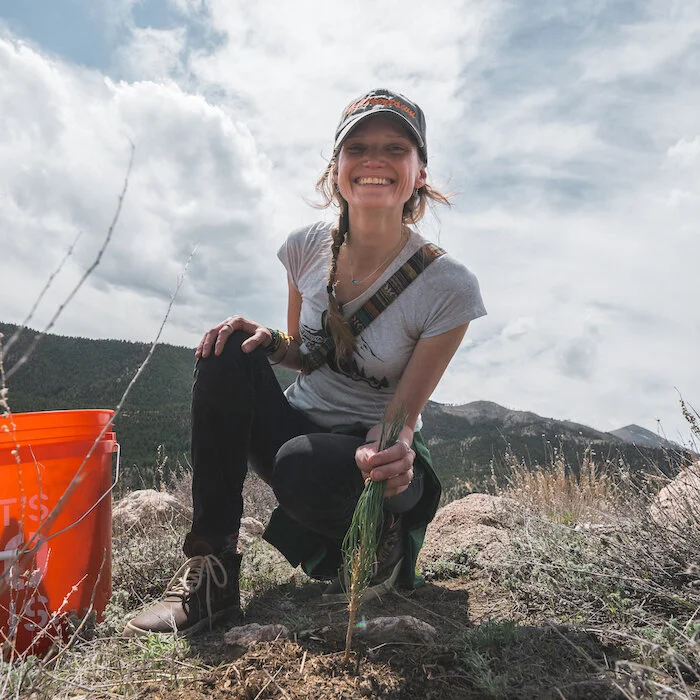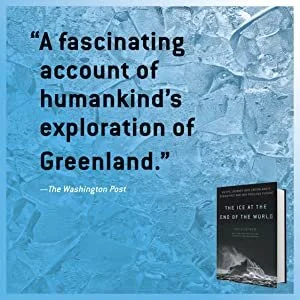SAMUEL MYERS MD, MPH
/Founding Director of Planetary Health Alliance
Principal Research Scientist at Harvard T.H. Chan School of Public Health
I think the environmental community has been guilty of a lot of catastrophism, a lot of statements like ‘Game Over for the Planet’, and we’ve painted a lot of very dark pictures about where we’re going, but when you look across these different sectors and all the solutions that are out there, there’s no reason to believe that our grandchildren couldn’t live in an incredibly exciting world.




















